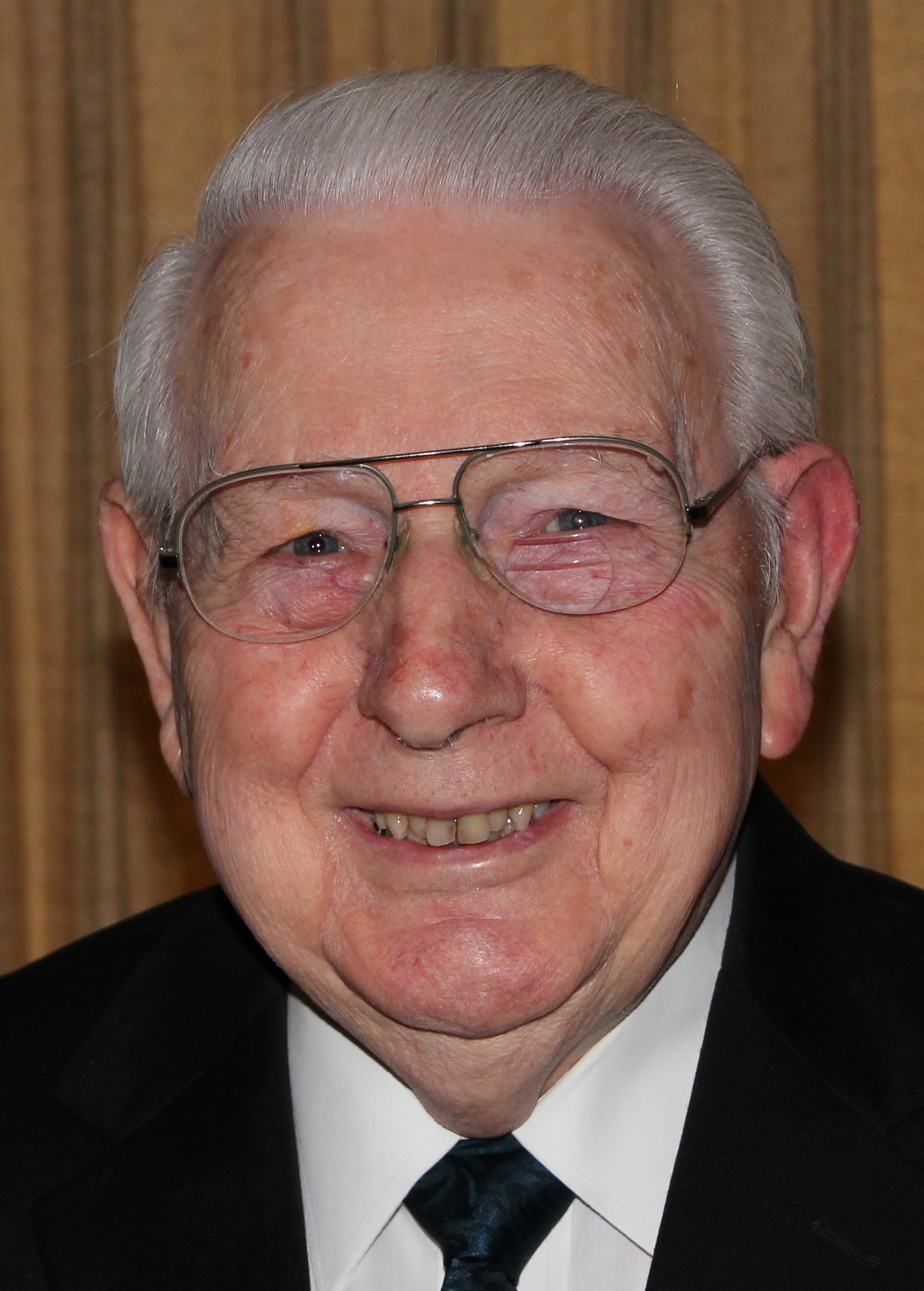 October 19, 2015 (Monday)
October 19, 2015 (Monday)
Time Travel movies are fascinating to me. People from the future have the advantage of knowing what happened in their past (our present) and can travel back in time and change things. Of course there is no way to do that without changing what happens next, which means that the future from which the travel started may no longer exist. Every story like this has some inconsistencies because there is no way to write such a plot without them.
But the idea of knowing the future is intriguing, is it not? People have been interested in this possibility for a long time. When I was a young teenager in 1944 I saw a movie, “It Happened Tomorrow,” in which a man received tomorrow’s newspaper every day. He was excited about all the possibilities of knowing the future until he realized the newspaper was bringing him more problems than solutions. What he had thought was a dream became a nightmare.
It’s best for us that we do not know the future. We do not need to know. Several songs and poems I’ve heard or read bring out this fact. Here’s a song you probably know:
Many things about tomorrow
That I don’t seem to understand
But I know who holds tomorrow
And I know who holds my hand. *
And here’s a famous verse of poetry you may have heard:
So I go on not knowing,–I would not if I might;
I would rather walk in the dark with God than go alone in the light;
I would rather walk with Him by faith than walk alone by sight. **
We are better off not knowing the future. We know that God will never forsake us and will always be with us, whatever the future holds. “We live by faith, not by sight” (2 Corinthians 5:7).

Having said all of that, I want to say this: I like the positive and optimistic view of tomorrow expressed in “Annie,” the musical and movie:
The sun will come out tomorrow
So you got to hang on ’til tomorrow, come what may!
Tomorrow, tomorrow, I love you tomorrow
You’re only a day away..
Tomorrow, tomorrow I love ya tomorrow
You’re only a day away.***
* Ira Stanphill, 1950
** Mary Gardiner Brainard, 1869
***Charles Strouse and Martin Charnin, 1977
